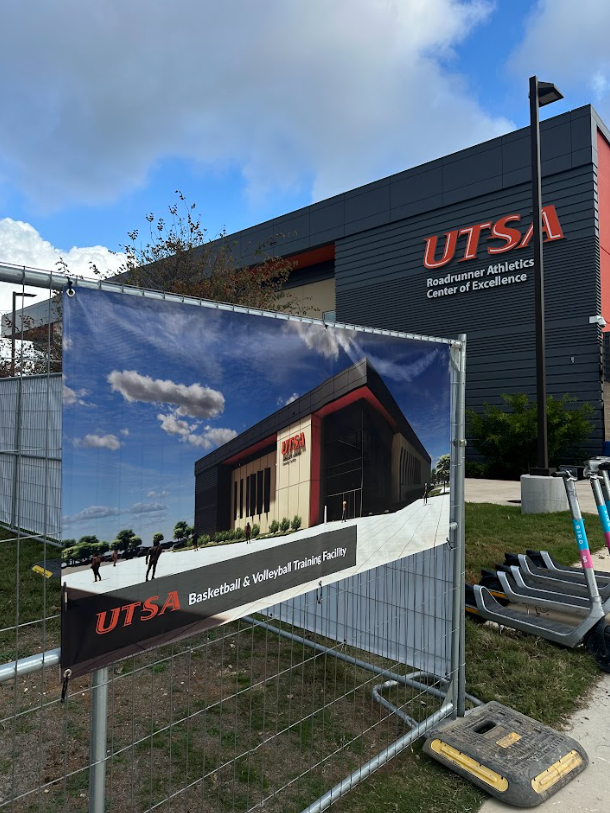

UTSA’s chapter of College Republicans has passed a resolution to secede from the Texas Federation of College Republicans (TFCR) after two years of failed attempts to change the constitution of the state organization.
Members of the university’s College Republicans feel that parliamentary procedures have been blatantly ignored for a number of years, thus leading to flawed elections of state chair representatives during the Texas state conference.
“UTSA is tired of being pushed around and will not take orders from leaders that are not democratically elected,” Marc Cavazos, chairman of UTSA’s College Republicans, said.
At their April 6 meeting, Cavazos explained to College Republican members that leaving the TFCR would not hurt the UTSA chapter. Instead, being a member of an organization like TFCR, that took part in unfair elections and regularly ignored democratic procedures, could harm the chapter’s reputation, he said.
Under the current TFCR constitution, a five-member selection board, appointed by the outgoing state board, interviews candidates for state chair. Once interviews are completed, the selection board votes. Without a clear majority, (a vote of 3 to 2), state delegates may vote on their state chair. However, if the selection board does vote with a majority (4 to 1), delegates have no voice in determining their next state chair.
For the past four years, delegates attempted to amend the TFCR’s constitution so a delegation vote would be required for all state positions. But, according to UTSA’s College Republicans, the TFCR has continually set the conference agenda so that constitutional amendments could be heard only after state chair elections.
According to Cavazos, UTSA’s chapter represents one third of delegates at the state conference, making it the largest chapter in Texas.
Cavazos said that after the selection board announced the new state chair, more than half of the delegation walked out in protest. Those that remained, did so in an effort to amend the constitution before the next conference.
Because the selection board had voted in a majority, delegates were not permitted to vote at their own conference for their own leaders.
The University of Houston’s chapter of College Republicans also passed a resolution to secede from the TFCR, citing similar complaints.
“The elections haven’t really been elections; they are more appointments by outgoing state board members,” Mark Annas, chairman of U of H College Republicans, said.
According to Cavazos and Annas, other universities – University of North Texas, Texas Tech and A&M in College Station – are seriously considering following UTSA’s and U of H’s example.
“I think that no matter what we’ll be able to do, the problem is that TFCR exists to promote the political ambitions of those people,” Cavazos said. “Political corruption is so embedded in TFCR that I don’t see that changing. If we fix one problem [the election process], they’ll change something else.”
TD Smith III was the Chairman of UT-Pan Am while he attended school there. Now a student at UTSA, he supports chapters in their efforts to secede.
“In the spring of 2004, the state chair of TFCR came down and spoke with us [UT-Pan Am chapter] when we had everything on the ground and that was the last we heard from them,” he said. “They never got back with us or supported us.”
“I say we break away now and start our own federation and then start picking away at other schools’ chapters that are not happy with TFCR.”
College Republicans meet every Wednesday at 7:15 in HSS 2.01.32. There guest speaker this week is Texas Commissioner of arts, Nelson Balido. All are welcome at the College Republicans’ meetings.






